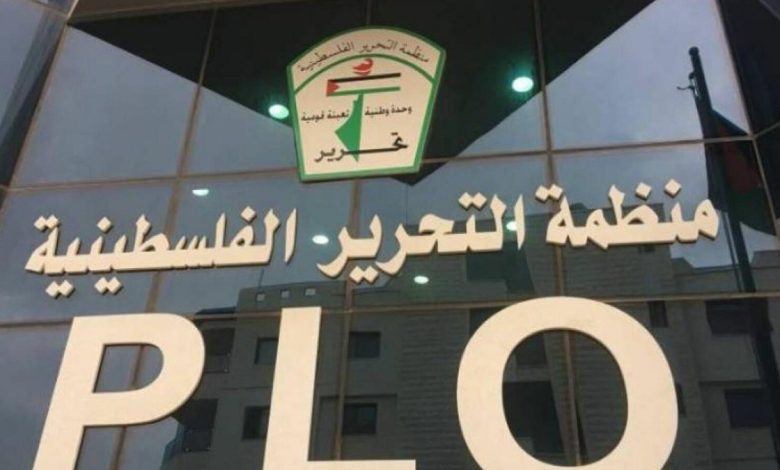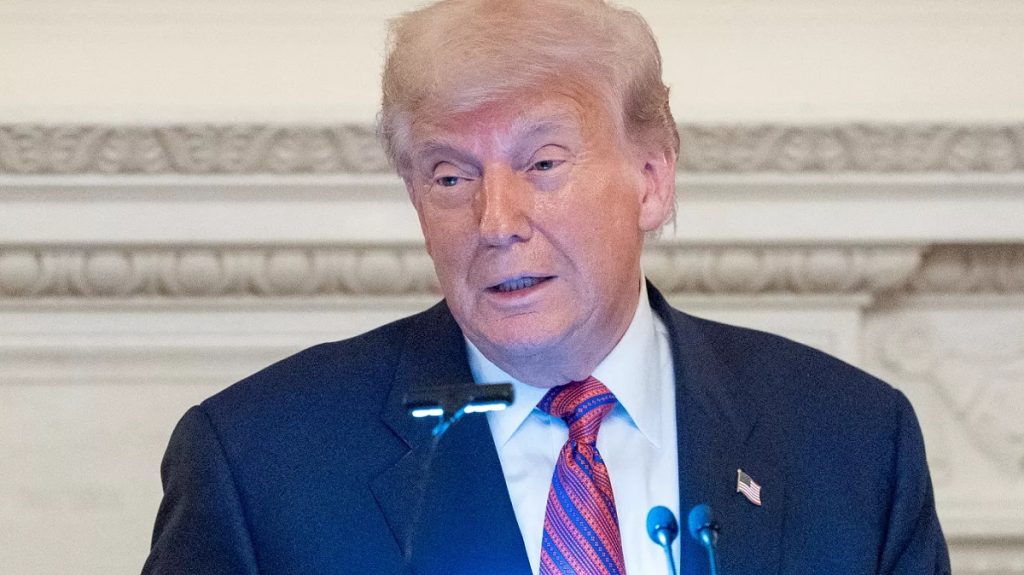U.S. Sanctions on Palestinian Authority Spark Outrage Amid Growing Global Recognition of Palestine
Washington invokes outdated terror laws to punish Palestinian leadership as global momentum builds toward recognizing Palestinian statehood.

The sanctions recently announced by the U.S. Department of State against the Palestine Liberation Organization (PLO) and the Palestinian Authority (PA) reflect the use of domestic American law as a political weapon. This comes at a highly sensitive time when the international tide is visibly shifting toward recognition of the State of Palestine.
Despite decades of practical cooperation between the U.S. and the Palestinian leadership—spanning the presidencies of George H.W. Bush, Clinton, George W. Bush, Obama, Trump, and Biden—the U.S. still legally designates the PLO as a “terrorist organization” under a 1989 Congressional law.
The State Department recently notified Congress that both the PLO and PA are failing to meet their obligations under the 1989 PLO Compliance Act (PLOCCA) and the 2002 Middle East Peace Commitments Act (MEPCA). These alleged violations include:
-
Supporting international actions that contradict previous commitments to UN Security Council Resolutions 242 and 338,
-
“Internationalizing” the conflict through referrals to the International Criminal Court (ICC) and the International Court of Justice (ICJ),
-
Encouraging or glorifying violence (particularly in school curricula),
-
Continuing financial support to Palestinian prisoners and families of those killed.

However, critics argue that the sudden reactivation of these laws is part of an American effort—driven by Zionist lobbying groups and U.S. deep state institutions—to counter a growing global movement in support of Palestinian rights, including the right to self-determination and statehood.
Notably, the announcement coincides with preparations by several European countries to recognize the State of Palestine during the upcoming UN General Assembly session in September in New York. Under Section 604(a)(1) of the MEPCA, the U.S. imposes sanctions, including visa denials, on members of the PLO and senior PA officials.
This U.S. move aligns closely with Israel’s position, which opposes any form of recognition of Palestinian statehood. Israel continues to promote what some describe as “cost-free, sustainable occupation” through policies of annexation, settlement expansion, and a refusal to engage in negotiations.
The U.S. justification for these sanctions rests on flimsy and widely challenged claims—such as the Palestinians’ approach to international courts and the so-called incitement in educational materials. Legal experts note that the ICJ case regarding Israeli violations was not filed by Palestine but by South Africa, due to procedural limitations: non-member observer states like Palestine cannot directly submit such cases. Thus, using this as a reason for sanctions is seen as legally and morally baseless.
As for the ICC case, it dates back to 2021 and concerns crimes committed by the Israeli occupation in Palestinian territories. Palestine simply added new documentation to an already existing legal file.

Finally, arguments around “incitement” and financial aid to prisoners and martyrs’ families are recurrent themes often used by U.S. and Israeli officials to apply political pressure on the Palestinian leadership.
In response, many Palestinian voices call for a united national stance to counter these sanctions, backed by broad Arab and international support. They stress the importance of leveraging global transformations in favor of Palestinian rights, reorganizing internal governance, and renewing democratic legitimacy to better face U.S. and Israeli strategies on the international stage.



